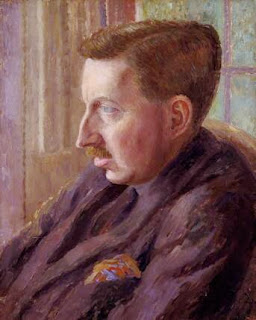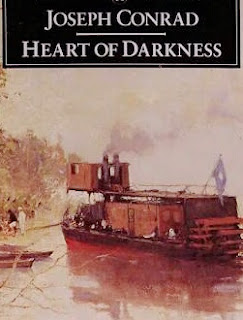Look Back in Anger gives us a glimpse into the mood and temper of England after World War II. The British Labour Party after coming to power, introduced some social reform to build up a welfare state in their country. Yet some young idealists were not satisfied . The people found themselves in precisely the same situation that Jimmy Porter, the hero of the play faces .
Mood and Temper of England after World War II
When the play opens we find Jimmy speaking in a discontented, restless manner . He is discontented with the Sunday newspapers ;he is discontented with his wife Alison, and he is dissatisfied with his friend Cliff. The Sunday newspaper , he complains , makes one feel ignorant. His wife Alison, he complains , hardly listens to him but goes to sleep when he begins to speak . As for Cliff, he is too ignorant to understand what the newspapers have to say. Jimmy then goes on to make fun of the Bishop of Bromley and of the women who in her religious fervour got four of her ribs broken and got kicked in the head at a religious assembly. He cynically declares that those who ostensibly make sacrifices- whether of their careers, their beliefs of sexual pleasures-never wanted those things in the first place. Jimmy is also against class-distinctions. He himself comes from a working - class family , while his wife comes from a rich middle class family . Alison's parents had opposed her marriage to jimmy, and Jimmy has never been able to forget this fact even though four years have passed. He keeps criticising not only Alison but also her father's family.
Throughout the play we find Jimmy raging against things ,persons , and institutions . The ringing of church -bells annoys him because he is opposed to formal religion and its ritual . He feels very irritated with Alison when he learns that under Helena's influence ,she is going to church .Jimmy deplores the fact that there are no good,brave causes left in the world so that people of his generation are not able to die for anything nobel.
Jimmy, in spite of the university degree that he holds , has not been able to settle down in life. He has been drifting from one profession to another . For example , he tried his hand at many things-journalism, advertising, even vacuum cleaning , sweets selling, etc. but has not been able to settle down anywhere . This attitude of boredom, uncertainty and drift id typical of aimless youth of post -war England.
To sum up, the post- war generation had many reasons to be angry, and the post war youth were particularly angry . All this anger id voiced by Jimmy Porter in his constant vituperations throughout the play.
In what way does Osborne's Look Back in Anger reflect the mood and temper of post -war England?
Green Land | May 31, 2018 |
Look Back in Anger gives us a glimpse into the mood and temper of England after World War II. The British Labour Party after coming to power, introduced some social reform to build up a welfare state in their country. Yet some young idealists were not satisfied . The people found themselves in precisely the same situation that Jimmy Porter, the hero of the play faces .
Mood and Temper of England after World War II
When the play opens we find Jimmy speaking in a discontented, restless manner . He is discontented with the Sunday newspapers ;he is discontented with his wife Alison, and he is dissatisfied with his friend Cliff. The Sunday newspaper , he complains , makes one feel ignorant. His wife Alison, he complains , hardly listens to him but goes to sleep when he begins to speak . As for Cliff, he is too ignorant to understand what the newspapers have to say. Jimmy then goes on to make fun of the Bishop of Bromley and of the women who in her religious fervour got four of her ribs broken and got kicked in the head at a religious assembly. He cynically declares that those who ostensibly make sacrifices- whether of their careers, their beliefs of sexual pleasures-never wanted those things in the first place. Jimmy is also against class-distinctions. He himself comes from a working - class family , while his wife comes from a rich middle class family . Alison's parents had opposed her marriage to jimmy, and Jimmy has never been able to forget this fact even though four years have passed. He keeps criticising not only Alison but also her father's family.
Throughout the play we find Jimmy raging against things ,persons , and institutions . The ringing of church -bells annoys him because he is opposed to formal religion and its ritual . He feels very irritated with Alison when he learns that under Helena's influence ,she is going to church .Jimmy deplores the fact that there are no good,brave causes left in the world so that people of his generation are not able to die for anything nobel.
Jimmy, in spite of the university degree that he holds , has not been able to settle down in life. He has been drifting from one profession to another . For example , he tried his hand at many things-journalism, advertising, even vacuum cleaning , sweets selling, etc. but has not been able to settle down anywhere . This attitude of boredom, uncertainty and drift id typical of aimless youth of post -war England.
To sum up, the post- war generation had many reasons to be angry, and the post war youth were particularly angry . All this anger id voiced by Jimmy Porter in his constant vituperations throughout the play.
















.jpeg)


